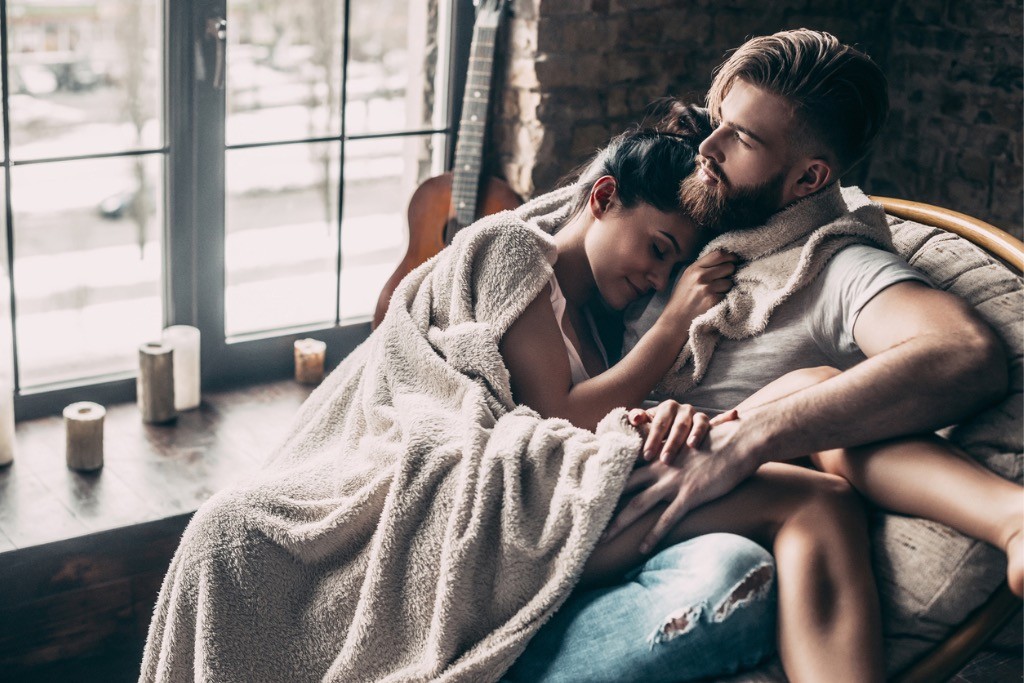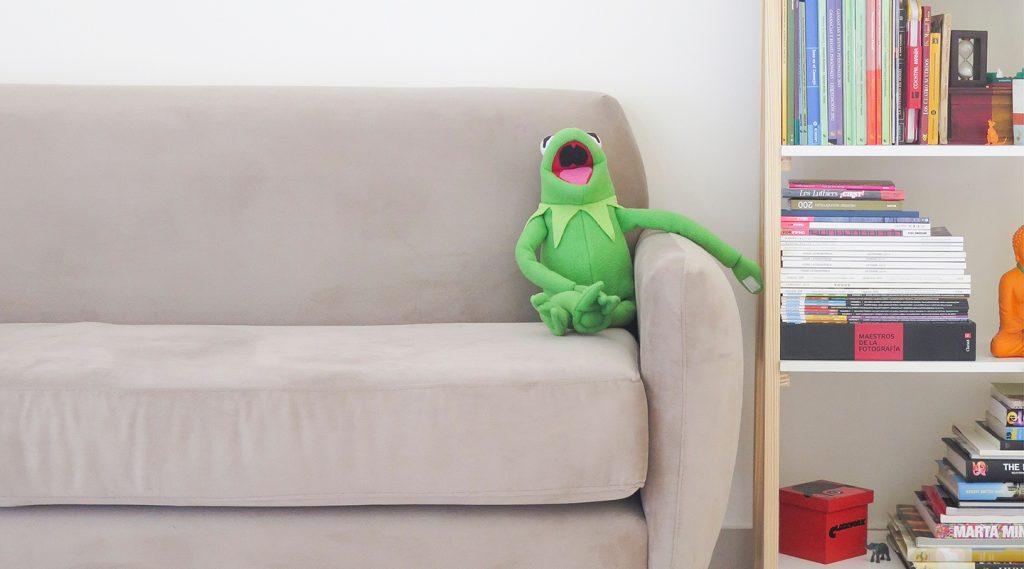Today is the day to set the record straight. First, we are celebrating overall achievement of all women for this International Women’s day 2018, but we also want to take the time to remind you (or to teach you) that gender gap issues are not only linked with salaries or opportunities: they are also impacting our sleep patterns.
There is scientific evidence that women need approximately 20 minutes more sleeping time every day.
This evidence based on Professor Jim Horne studies, seems surprising at first sight. However, if science is able to acknowledge that the “man flu” really exists (when a man is regarded as exaggerating the severity of his flu symptoms), why not also rethinking our preconceived gender sleeping notions?
It is known that women’s brain activity is different from men. A woman instinctively knows how to switch rapidly between several tasks, which is something good and bad at the same time. Switching also means frequently interrupting the brain’s activity and this could potentially leads to anxiety. Since we sleep to heal and regenerate our brain, it is also obvious that the more the stress, the worst it is for our sleep length and quality.
Another scientific fact: women suffer from insomnia a lot more than men do.
There are many physiological reasons to explain that: periods, estrogens, progesterone, hormonal fluctuations, pregnancy, stress, anxiety, menopause… On top of that, have you ever heard about the “mom’s ears”? In other words, a mom never really sleeps deeply because there is a mysterious physiological internal body clock, that wakes her up at night, to respond to any infant or children’s need. All these wonderful events directly affect women’s ability to sleep or to stay awake.
Now, are there solutions to help improving women’s sleep?
Dear women, we are not going to let you down! Thanks to the National Sleep Foundation, we listed below some of their most relevant tips to improve your sleep moving forward:
• You need to maintain a regular bed and wake time schedule.
• Bedtime routine should be relaxing! You better leave your cell phone and Instagram feed closed…
• Your bedroom should be comfortable, quiet and dark as much as possible.
• Finish eating at least 2 or 3 hours before bed. Nobody ever slept peacefully with bloating discomforts.
• Avoid nicotine, caffeine and alcohol prior to bed (and in general, that goes without saying)
• Sleep on your side for a better breathing.
Ladies, please use our tips and have a good night! We wish you a wonderful International Women’s day.



